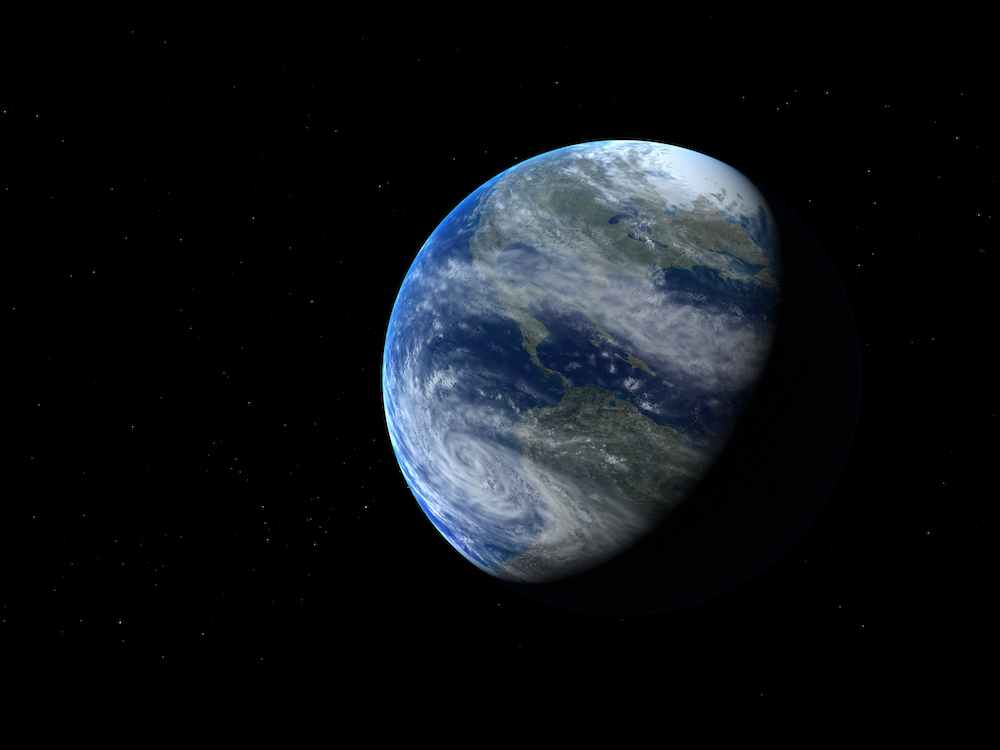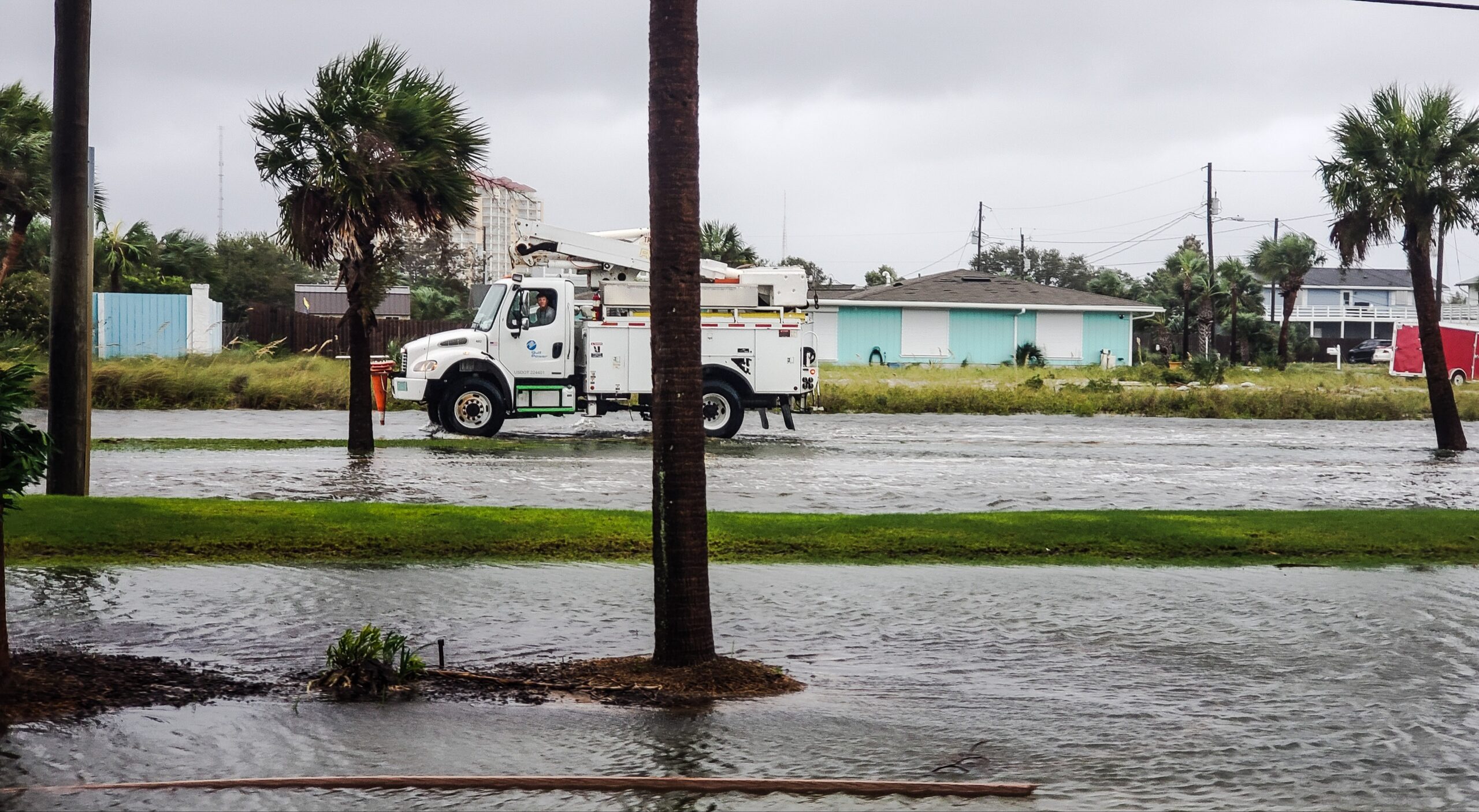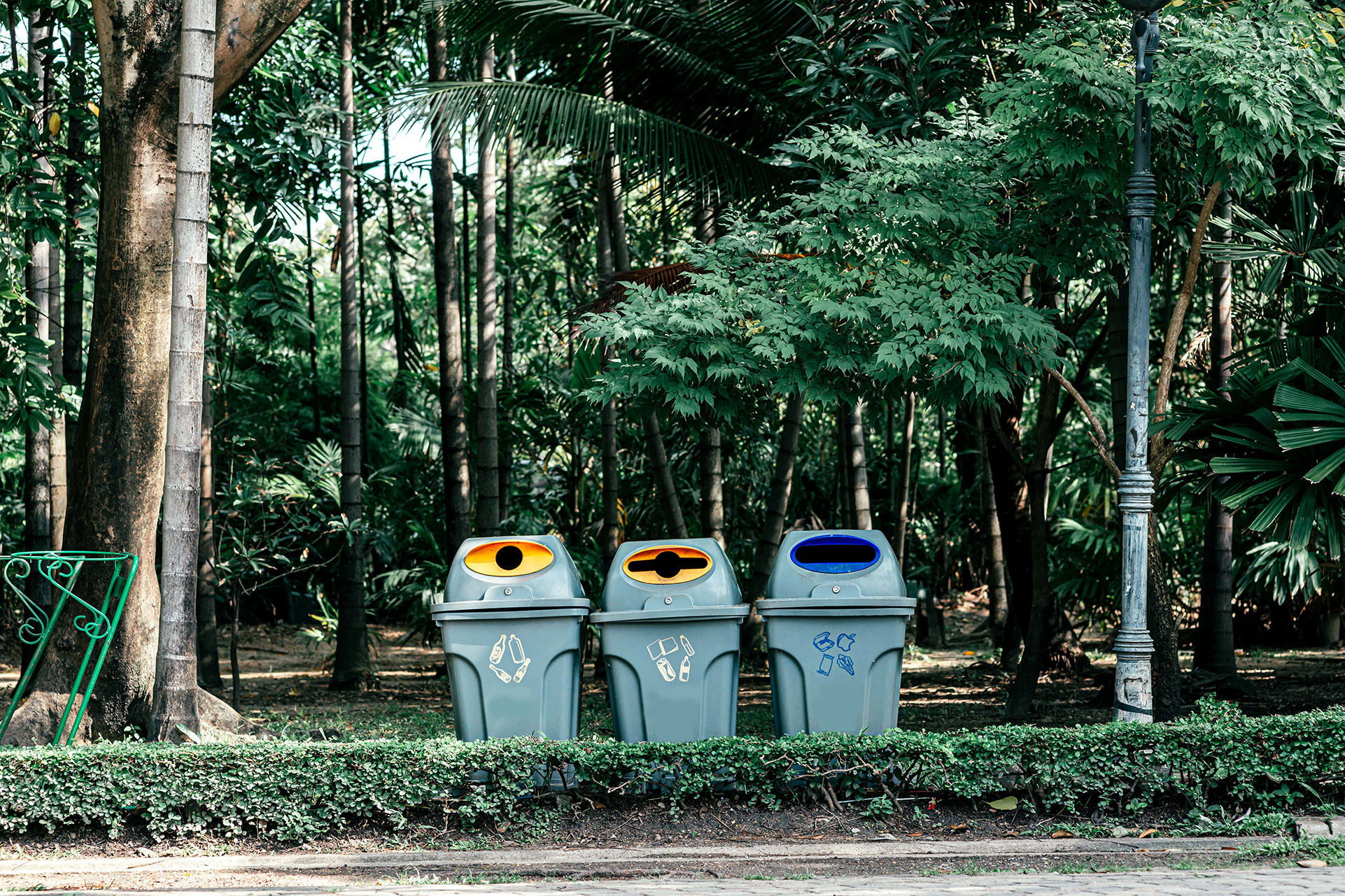Environmental scientists use the term ‘carbon footprint’ to describe or measure the impact – buildings and people have on the environment. A more specific definition at TimeForChange.org states a carbon footprint is “the total amount of greenhouse gases produced to, directly and indirectly, support human activities, usually expressed in equivalent tons of carbon dioxide (CO2).” These emissions are created everywhere, from driving your car, heating your house, and even how the products you buy and use, were created.
Ever wondered how big a carbon footprint you are creating on Earth?
The Global Footprint Network is an international research organization that provides education, decision-making tools, and many other resources designed to help the human economy understand and operate within Earth’s ecological thresholds.
One of their more commonly used educational tools about environmental awareness for the general public is an individual-scale Carbon Footprint Calculator. This 5-minute, interactive quiz teaches people about waste and resource consumption. After completing all the questions about different aspects of your lifestyle and behavioural habits, the quiz will calculate just how large your carbon footprint is. It will also show you how many ‘Planet Earths’ would be needed to sustain a global population if everyone in the world lived the way you currently do.
Whether you end up needing one planet or four planets to fulfill your resource consumption, this is a great way to see just how big a carbon footprint people have on the environment.
Now let’s relate this to what is happening around the world today. Each year, environmental scientists at the Global Footprint Network calculate something called the Earth Overshoot Day. The annual Earth Overshoot Day “marks the date when humanity’s demand for ecological resources and services in a given year exceeds what Earth can regenerate in that year,” as defined at OvershootDay.org. Almost all resources on Earth are finite and non-renewable (cannot be replenished within the time it will be used up; for example, coal, oil, or timber). Our society continues to use these resources at incredible rates. As these resources run out, it makes it harder and harder for Earth to sustain life.
Here is an example. For the year 2020, the Earth Overshoot Day was August 22. It means that from January 1 to August 22, 2020, humanity used up all the resources Earth could replenish for the entire year. The next 131-days created a deficit of natural resources. Over the years, we have created a deficit that is almost impossible to reverse. We have used resources as if they were unlimited, and it is proving to be not sustainable whatsoever.
Similarly to the personalized carbon footprint calculator, if you compare the 2020 Overshoot Day to past Overshoot Days, it becomes apparent how much stress we put on the Earth each year. We quite literally need more than one Earth to sustain our lifestyles if we don’t change.
It needs to be mentioned that it’s not our fault as individuals entirely. Large corporations and businesses try to direct us to live a certain way, and society continuously makes it challenging to branch out and be different. However, the overall message is the same – we have the choice to support the most convenient option and consume products from these corporations and further fuel their environmental impact, or we can take the initiative to learn about more sustainable options.
You can access so many tools to see how aware you are of the environmental impacts of everything you do in your life, which is the first and most crucial step in living a more sustainable life. Once we realize the environmental impact of something, it becomes ten times easier to look a little further and find an alternative source or product that is better for you and the environment. Unlike the quiz above, we only have one Earth; therefore, it is vital to do everything we can to protect it.










